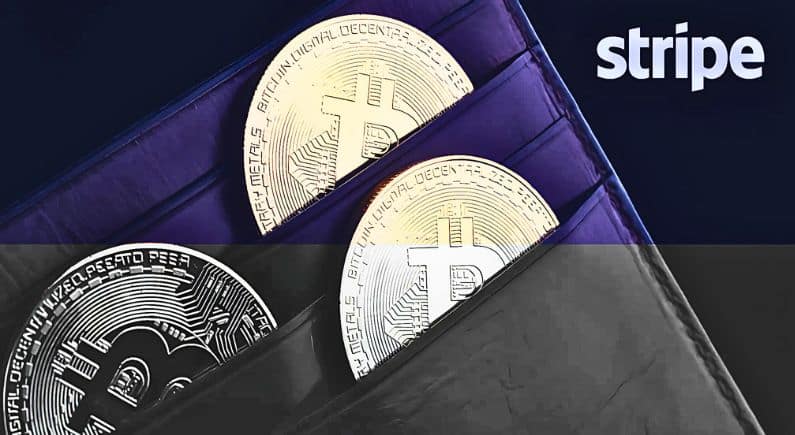G20 agrees on global framework to regulate crypto assets

G20 leaders have endorsed the Crypto-Asset Reporting Framework or CARF, which aims to enhance international information exchange on crypto transactions by 2027.
The CARF, which was first announced by the Organisation for Economic and Development in October 2022, would provide tax authorities with more information on crypto transactions and the individuals involved. Under this system, participating nations would engage in annual exchanges for such information, which includes activities of unregulated crypto exchanges and wallet providers.
The leaders have considered the synthesis paper by the International Monetary Fund (IMF) and the Financial Stability Board (FSB) prior to the commitment. The IMF-FSB synthesis paper outlines a roadmap for a coordinated and comprehensive regulatory framework.The roadmap considers the potential risks of emerging markets and developing economies. It also addresses the ongoing worldwide adoption of Financial Action Task Force (FATF) standards to combat money laundering and terrorism financing risk.
At the One Family Session of the G20 Summit, elaborated on how to collectively think about empowering fellow humans and making our planet more inclusive as well as sustainable.
Gave the example of how technology has been leveraged to bring a positive difference in the lives of… pic.twitter.com/SqT9OjStps
— Narendra Modi (@narendramodi) September 9, 2023
The European Union approved updated regulations to align with CARF for taxation purposes previously in May. Under the new rules, the transfer of digital assets must be accompanied by the name of the beneficiary, their distributed ledger address, and their account number.
The group also supports the FSB’s recommendation. These include the regulation and supervision of cryptocurrency activities and markets and global stablecoin arrangements. The recommendations, released in July, established comparable standards for stablecoins as commercial banks. Among other suggestions, the FSB also urges regulators to prevent any activities that hinder the identification of involved participants.
According to an IMF report, Japan and Switzerland have recently updated or introduced new legislation on crypto assets and their service providers. Other regions, including the United Arab Emirates and the United Kingdom, are presently in the process of drafting such legislation.
SEC vs. Ripple and the need for a framework in the U.S.
The rapid growth of global cryptocurrency has been the subject of attention from regulators. One of the high-profile cases in cryptocurrency regulation in the United States is the SEC vs. Ripple case.
The SEC is arguing that Ripple’s XRP token is a security, which would mean that it is subject to the agency’s regulatory oversight. The Commission has also said that the rules for determining whether a digital asset is a security are clear and must be adhered to by the industry.
In response to the SEC, Stuart Alderoty, Ripple’s chief legal officer, said the agency’s position was “hypocritical.”
Another SEC filing, another hypocritical pivot…
After years of its chairman saying the “rules are clear and must be obeyed” the SEC now cries that an appeal is urgently needed to resolve these “knotty legal problems." https://t.co/ige4neIWRD
— Stuart Alderoty (@s_alderoty) September 8, 2023
John Deaton, a lawyer in favor of XRP, pointed out that those less acquainted with the case might perceive Alderoty’s response to the SEC as harsh. According to him, however, Alderoty’s portrayal of the agency merely mirrors the sentiments of the federal judge overseeing the proceedings.
Someone unfamiliar w/@SECGov 🆚 @Ripple might think @s_alderoty is being way too brash here. That’s why those familiar w/the case must explain that when the GC of Ripple states the SEC is once again being “hypocritical”, he’s simply quoting the federal presiding over the case. https://t.co/7o1jFOLzSU
— John E Deaton (@JohnEDeaton1) September 9, 2023
SEC chair Gary Gensler has said that he believes that most cryptocurrencies are securities and that the SEC should regulate them. He has also said that he wants to create a regulatory framework for stablecoins, which are cryptocurrencies that are pegged to a fiat currency, such as the U.S. dollar.
Gensler’s views received mixed reactions from the cryptocurrency community. Some people believe that he is too aggressive in his approach to regulation, while others believe that he is necessary to protect investors.
The challenges of regulating cryptocurrencies include the fact that they are borderless and their fundamental technology is still evolving. However, Gensler believes that regulation is necessary to protect investors and prevent the misuse of cryptocurrencies.








